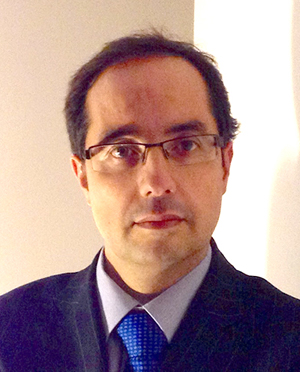-
-
- Council Members
- Role of Council Members
- Council meetings
- Council elections
- Previous election results
- Dr Louise Allum
- Dr Sam Bescoby
- Dr Andrew Clemence
- Dr Tshidi Gardiner
- Dr Reginald Godwin
- Paddy Gordon
- Dr Danielle Greenberg
- Dr Gerard Henry
- Dr Richard Hillman
- Dr Benjamin Kennedy
- Dr Tom Lonsdale
- Dr Darren Partridge
- Martin Peaty
- Alison Price
- Dr Peter Robinson
- Dr Jennifer Simmons
- Dr Sadie Spencer
- Dr Mary Thomas
- William Wilkinson
- Dr Lara Wilson
- Past-Presidents
-
-
-
-
-
- About extra-mural studies (EMS)
- EMS requirements
- Information for vet students
- Information for EMS providers
- Information for vet schools
- Temporary EMS requirements
- Practice by students - regulations
- Health and safety on EMS placements
- EMS contacts and further guidance
- Extra-mural studies fit for the future
-
-
- Code of Professional Conduct for Veterinary Surgeons
- Code of Professional Conduct for Veterinary Nurses
- Contact the Advice Team
- XL Bully dog ban
- 'Under care' - guidance
- Advice on Schedule 3
- Controlled Drugs Guidance – A to Z
- Dealing with Difficult Situations webinar recordings
- FAQs – Common medicines pitfalls
- FAQs – Routine veterinary practice and clinical veterinary research
- FAQs – Advertising of practice names
- GDPR – RCVS information and Q&As
Are vets not working in clinical practice viewed as ‘second class’ vets?
4 March 2015
In March’s Vet Futures guest blog Javier Dominguez Orive, the Food Standard’s Agency’s Veterinary Director and Head of Foodborne Diseases Control Unit, asks if veterinary surgeons working outside clinical practice are considered ‘second class’ vets by the rest of the profession.
 To tie in with the blog, this month Vet Futures is asking members of the profession whether vets are considered to be ‘second class’ vets if they work outside of clinical practice.
To tie in with the blog, this month Vet Futures is asking members of the profession whether vets are considered to be ‘second class’ vets if they work outside of clinical practice.
Javier Dominguez Orive suggests that veterinary surgeons in the UK can add value to society by using their skills and knowledge in non-clinical work, such as in the food processing industry or for the Government working on food safety policy.
He writes that veterinary surgeons, for instance, are best placed with their understanding of animal physiology, health and production to help prevent and control diseases by maintaining high standards of food and animal safety.
He says, however, that vets in other regions of the world, such as continental Europe, the USA, South America and Australia, are valued and recognised more for their non-clinical work than vets in the UK. He says it is widely accepted and encouraged in these regions that many veterinary graduates will pursue a career outside of clinical practice.
“Are we preparing the next generation of vets for these possible roles? Or are we creating yet another generation of veterinary surgeons who won’t consider these careers because they will be viewed as ‘second class vets’?,” he asks.
This month’s Vet Futures poll asks: Would you agree that vets working in non-clinical roles are considered ‘second-class’ vets? We encourage members of the veterinary team and the public to take part in the poll so that they can generate debate on the issue of non-clinical veterinary careers.
February’s poll asked members of the profession whether they agree that VAT should no longer be levelled on vet fees? A majority - 62% of the 107 respondents - thought that VAT should no longer be levelled on vet fees. Leaving 38% or 41 respondents believing that VAT should still be charged on vet fees.
To read Javier Dominguez Orive’s blog and contribute to the discussion please visit www.vetfutures.org.uk/discuss.